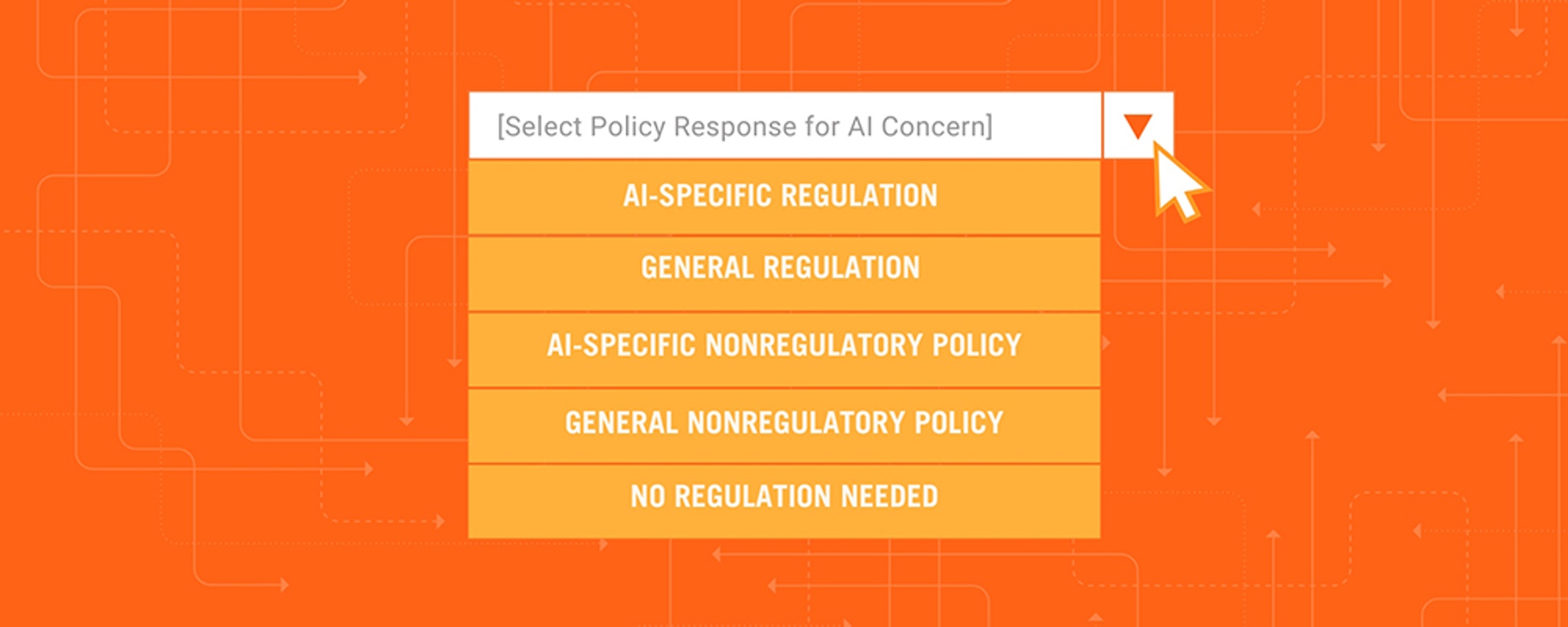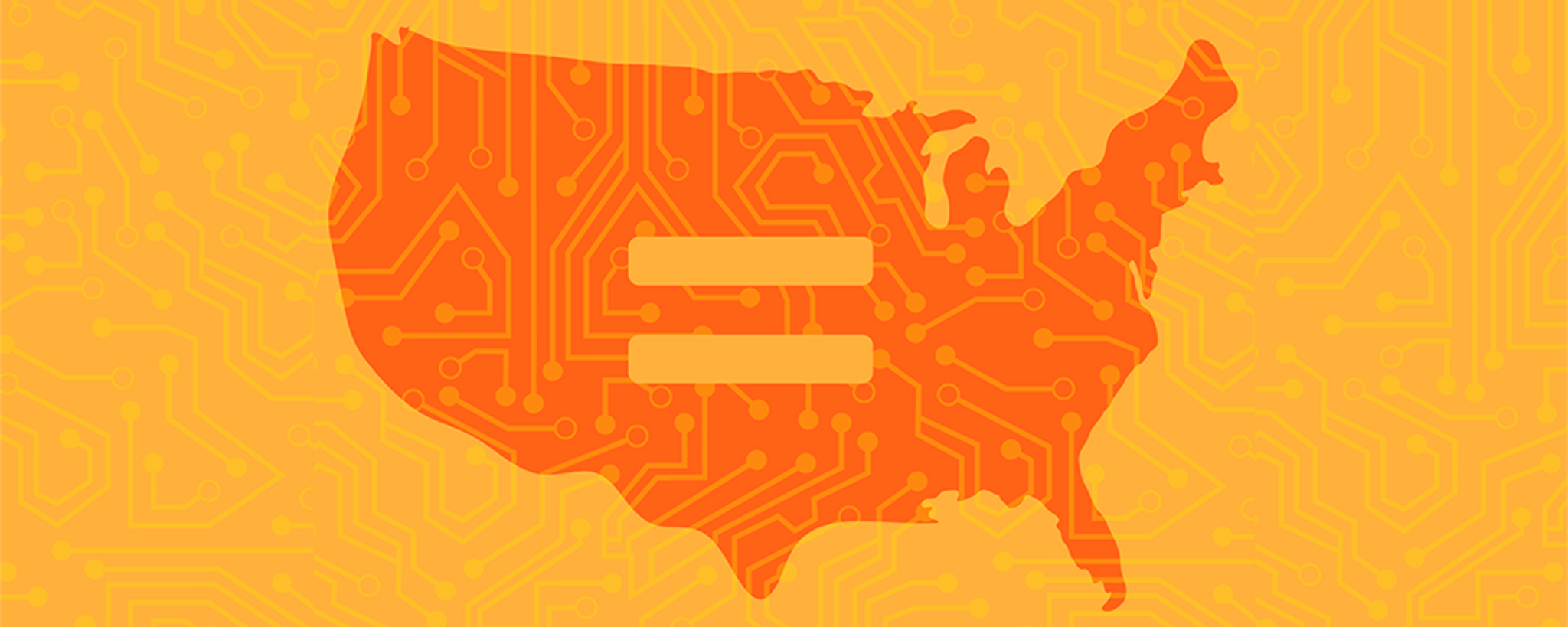Data Innovation
Navigate forward to interact with the calendar and select a date. Press the question mark key to get the keyboard shortcuts for changing dates.
Navigate backward to interact with the calendar and select a date. Press the question mark key to get the keyboard shortcuts for changing dates.
As every sector of the global economy and nearly every facet of modern society undergo digital transformation, ITIF advocates for policies that spur not just the development of IT innovations, but more importantly their adoption and use throughout the economy. ITIF’s Center for Data Innovation formulates and promotes pragmatic public policies designed to maximize the benefits of data-driven innovation in the public and private sectors.

Vice President and Director, Center for Data Innovation
Information Technology and Innovation Foundation
Read BioFeatured
More Publications and Events
July 2, 2025|Blogs
Five Reasons Why Critics Were Wrong About the AI Moratorium
The Senate's decision to remove the 10-year AI moratorium is a major setback for U.S. leadership in AI. The vote isn’t surprising given the criticism of the moratorium, but those critiques are misguided, and here's why.
July 1, 2025|Blogs
South Korea Should Reform Outdated and Protectionist Mapping Data Restrictions
South Korea’s export restrictions on mapping data act as a protectionist measure that unfairly limits competition from foreign firms. Korean policymakers should reform these rules not only to remove this non-tariff trade barrier but also to ensure that they do not hold back the use of geospatial data by emerging AI tools.
June 29, 2025|Testimonies & Filings
Comments to Senators Heinrich and Rounds Regarding the American Science Acceleration Project
The American Science Acceleration Project (ASAP) is a timely effort to modernize the infrastructure that powers U.S. research. By improving how science is organized, resourced, and executed, ASAP can help unlock faster breakthroughs across a range of disciplines.
June 20, 2025|Blogs
German State Prioritizes Politics Over Practical Technology Solutions
Schleswig-Holstein’s move to drop Microsoft for open-source tools reflects costly digital protectionism driven by politics, not practicality. EU governments should focus on evidence-based tech procurement over nationalist agendas.
June 14, 2025|Blogs
State Data-Driven Pricing Bans Would Backfire on Consumers
State bans on data-driven pricing could backfire by eliminating personalized discounts that help consumers. A better approach is to enforce existing laws, pass federal privacy rules, and clarify what fair pricing looks like.
June 6, 2025|Testimonies & Filings
Comments to the European Commission Regarding Future Cloud and AI Policies in the EU
It is critical that, in tackling both these issues, the EU avoids engaging in digital protectionism, which would harm European competitiveness further.
June 6, 2025|Testimonies & Filings
Comments to the European Commission Regarding Its “Apply AI Strategy”
The Center welcomes the European Commission’s ambition to accelerate the uptake of AI across the economy and public sector as part of its broader AI continent action plan.
June 2, 2025|Blogs
Germany’s New Digital Ministry Will Make or Break the Government’s AI Ambitions
Germany’s new coalition government has created a central digital ministry to finally accelerate its slow-moving AI agenda, aiming to modernize public services and support AI innovation. But success hinges on whether it prioritizes practical reform over symbolic sovereignty, especially amid EU regulations and global competition.
May 30, 2025|Op-Eds & Contributed Articles
Fragmented AI Laws Will Slow Federal IT Modernization in the US
Fragmented and conflicting state AI regulations threaten to slow federal IT modernization, and a proposed 10-year moratorium aims to create a unified national framework to support innovation and maintain U.S. leadership in AI.
May 29, 2025|Testimonies & Filings
Comments to OSTP and NITRD on Development of a National Artificial Intelligence R&D Strategic Plan
The Center for Data Innovation urges the U.S. to refocus its federal AI R&D strategy on unlocking AI’s full potential by emphasizing deployment over harm prevention, linking technical design to real-world performance outcomes, and investing in the generation of high-quality, representative data to drive innovation and public benefit.









